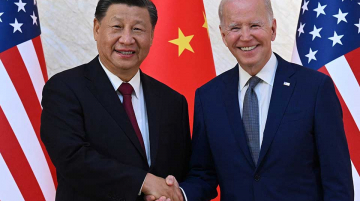I’m writing to you shortly after recording a podcast episode with the technology expert John Lee about the ramifications of the U.S.-China tech dispute for the rest of the world.
That conversation will reach your inbox next week, but it made me think of how huge as the standoff between China and the United States is, it maps on top of and increasingly affects an even bigger challenge: the challenge of national development across the Global South. This challenge, which affects the majority of the world’s population, is further exacerbated by the growing climate crisis.







